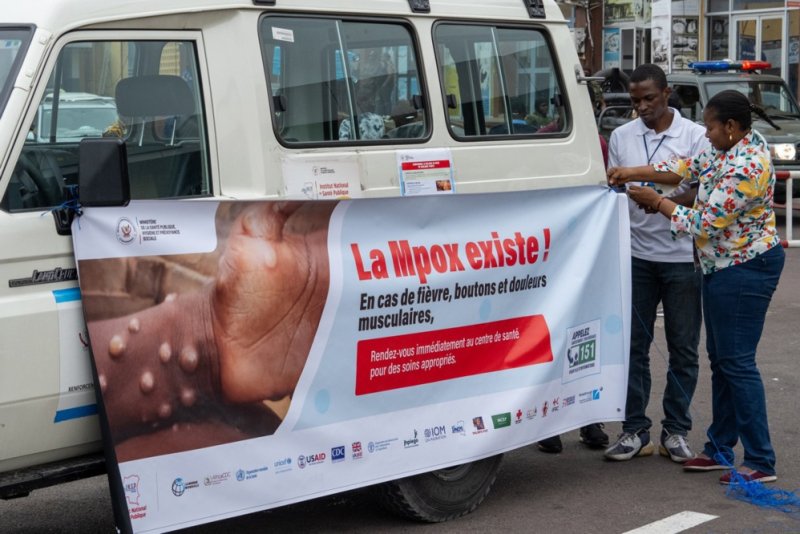The World Health Organization said Thursday it approved the first mpox invitro diagnostic test for emergency use. The Affinity m MPXV assay, made by Abbott Molecular, will expand global diagnostic capacity. FIle Photo by Chris Milosi/EPA-EFE
Oct. 4 (UPI) — The World Health Organization said Thursday it approved the first mpox invitro diagnostic test for emergency use.
The Alinity m MPXV assay, made by Abbott Molecular, will expand diagnostic capacity for nations dealing with mpox outbreaks, the WHO said.
In Africa, WHO said, limited testing capacity and delays in confirming cases contribute to the continuing mpox spread. Approval of this test is an important step in expanding global access to mpox testing.
“This first mpox diagnostic test listed under the Emergency Use Listing procedure represents a significant milestone in expanding testing availability in affected countries,” said the WHO’s Dr. Yukiko Nakatani in a statement. “Increasing access to quality-assured medical products is central to our efforts in assisting countries to contain the spread of the virus and protect their people, especially in underserved regions.”
According to WHO, in 2024 more than 30,000 suspected mpox cases have been reported across Africa. The highest numbers were in the Democratic Republic of the Congo, Burundi, and Nigeria.
The Alinity m MPXV assay is a real-time PCR test using swabs of skin lesions. It is approved under WHO’s Emergency Use Listing procedure.
EUL is used for vaccines, tests, and medical treatments.
“The EUL process assesses the quality, safety, and performance of essential health products, such as diagnostic tests, to guide procurement agencies and WHO Member States in making informed decisions for time-limited emergency procurement,” the WHO said in a statement.
